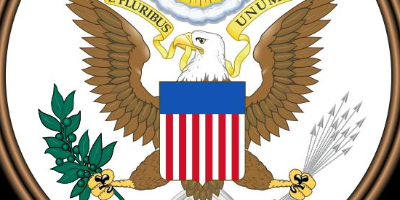Enlightenment (jan 1, 1637 – may 5, 1789)
Description:
A social movement in Europe that heavily influenced the continent's way of thinking, which consequently had a large impact on American society.There were many philosophers at the forefront of this movement, chief among them John Locke from England. In 1689, he anonymously published "Two Treatises of Government," in which he argues that people have natural, unalienable rights, including life, liberty and property. Another philosopher was Thomas Hobbes of England, who believed that every human was naturally corrupt and thus was not fit to govern. This one exception to this was the monarch, who was appointed by God, making them divine and therefore just. There was also Genevan philosopher Jean-Jacques Rousseau, who believed humans should focus on existing in a more natural state. Locke and Rousseau believed in a 'social contract', an unwritten deal stating that governments only rule at the consent of the governed, and that a government is to provide protection for its subjects in return for said subjects giving up certain freedoms to obey the government's laws. French philosopher Montesquieu believed in the separation of powers, the notion that the government should be divided into separate 'branches' that possessed a controlled amount of power. Mary Wollstonecraft of England was an early feminist, though her ideas were mostly ignored. Many of these philosophers practiced and popularized the religion of deism, the belief that a singular omnipotent God created the universe and set it in motion, never again tampering with it. Deists traditionally disapproved of organized religion, especially the church. French philosopher / mathematician René Descartes arguably began the Enlightenment period with his advocation of rationalism and skepticism. Scottish philosopher/economist Adam Smith published his work "The Wealth of Nations" in 1776, which presented the economic practice of capitalism, which would eventually overtake mercantilism as the predominant economic practice.
As for the US, Locke's ideas of "inalienable rights" including life, liberty, and property would be included in the Declaration of Independence by Thomas Jefferson (with 'property; being replaced by 'the pursuit of happiness'). Locke's and Rousseau's 'social contract' would be used in the argumentative essays "The Federalist Papers." Montesquieu's idea for the separation of powers would be a major feature of the US Constitutional government.
The Enlightenment period would eventually end with the coming of the French Revolution.
Added to timeline:
Date:
jan 1, 1637
may 5, 1789
~ 152 years
